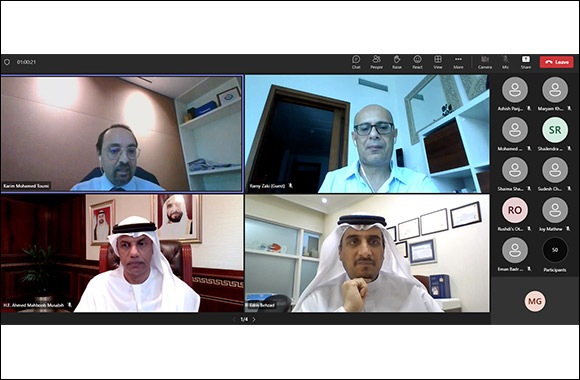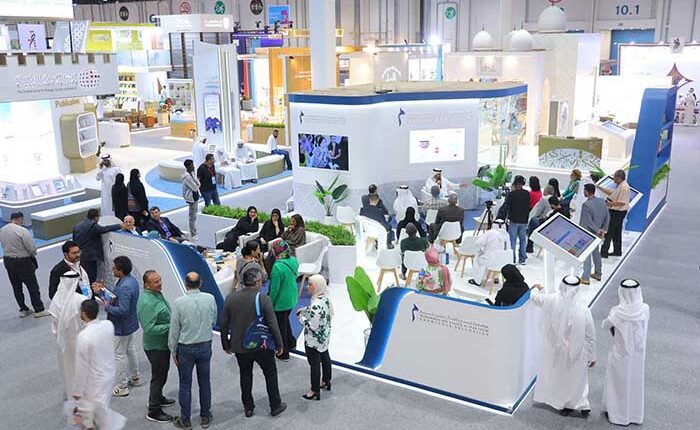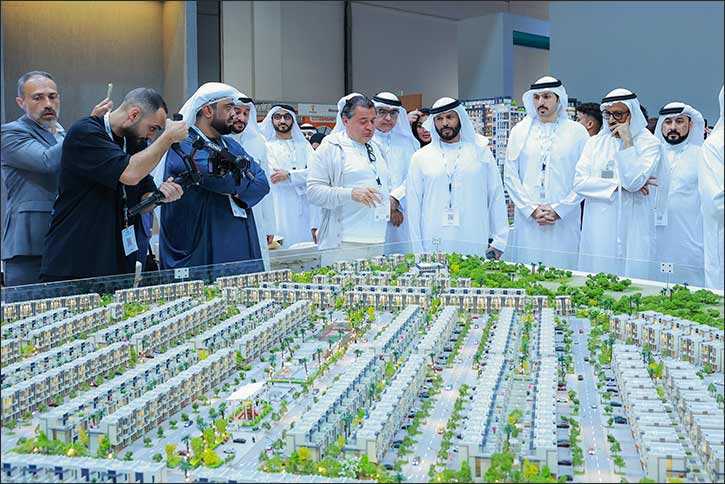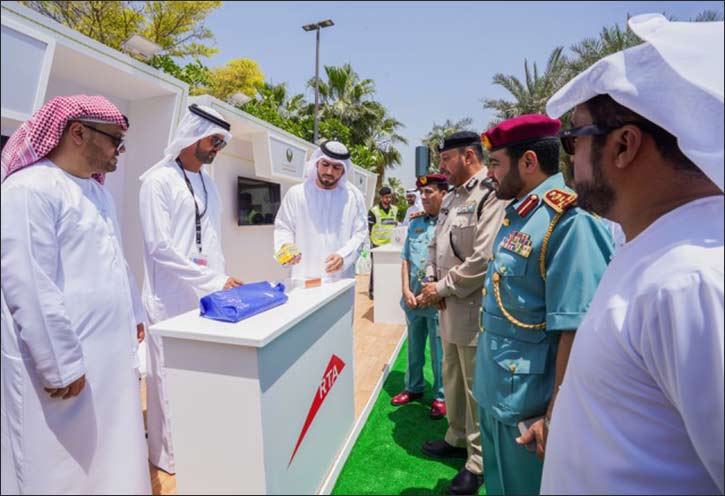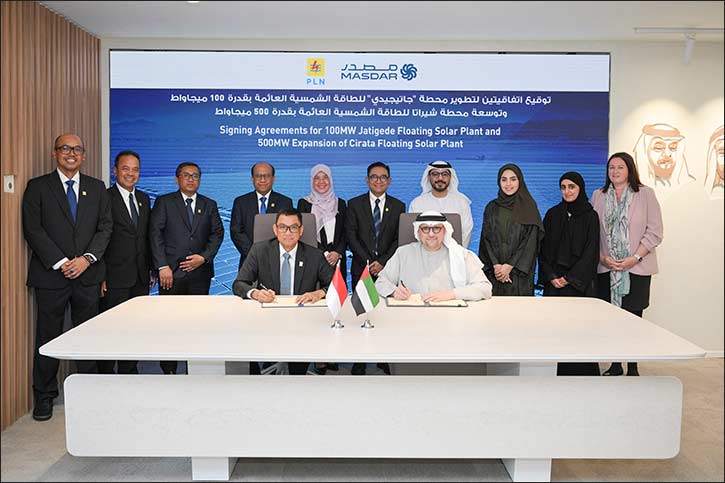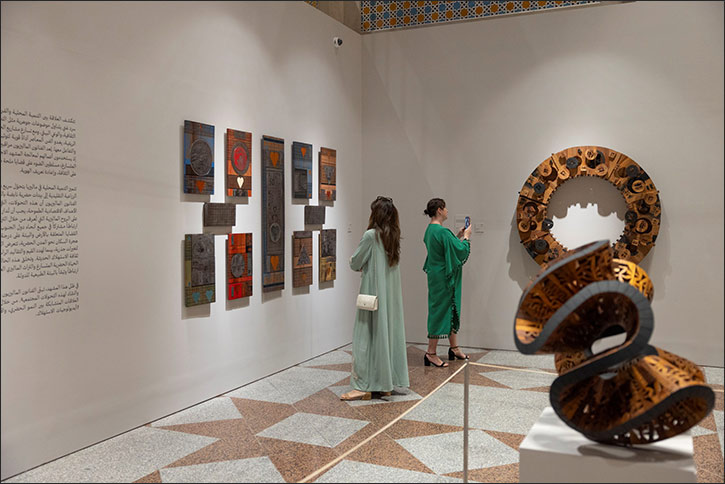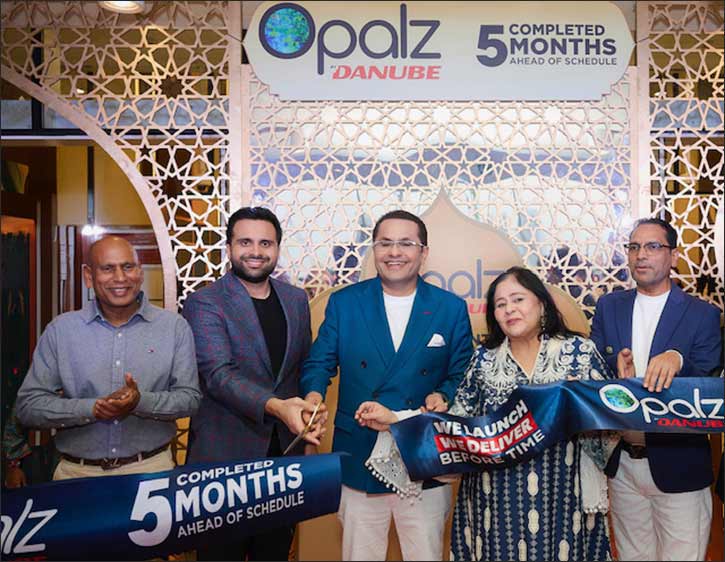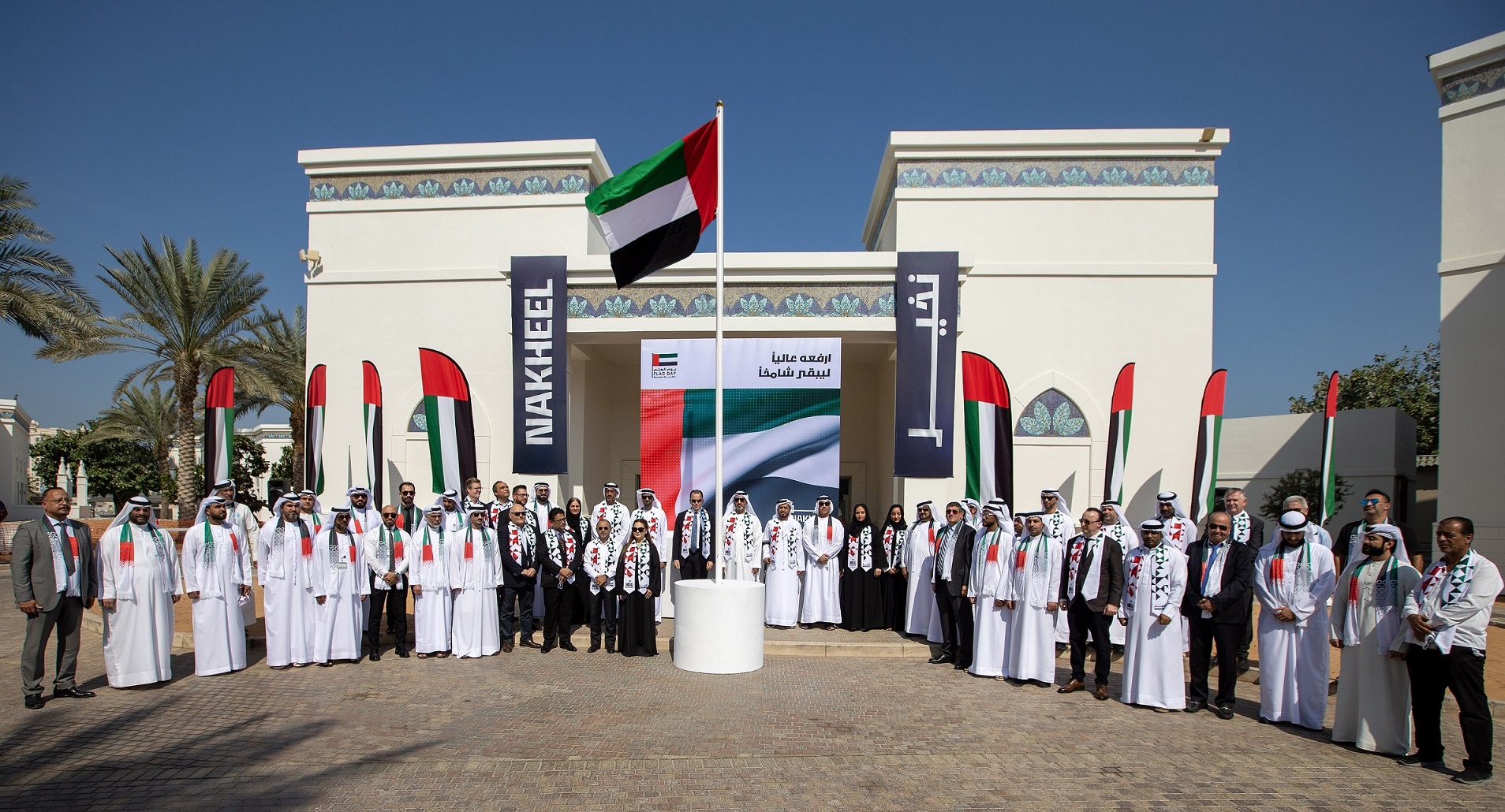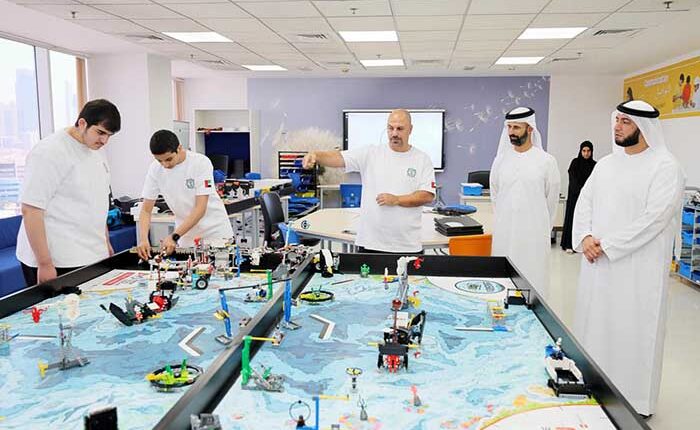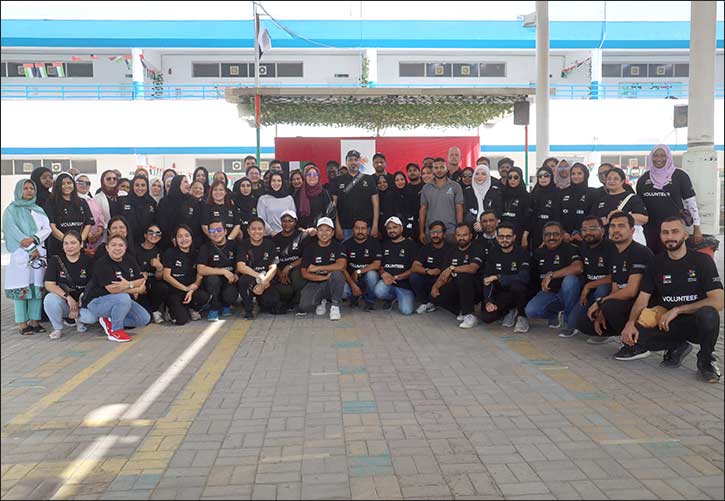The Dubai Customs Consultative Council (DCCC) stressed the importance of enhancing fruitful partnerships and constructive collaboration between the public and private sectors to achieve the economic goals of Dubai Agenda D33. During their second meeting this year, they highlighted that the comprehensive partnership agreements entered into by the UAE under the Fifty Projects umbrella are a strong driving force for building a competitive knowledge-based and sustainable economy. This economy possesses flexibility, attractiveness, and the ability to create more prosperity and achieve exponential growth in various sectors, including the commercial sector, which enjoys significant competitive advantages and grants.
Ahmed Mahboub Musabih, the Director General of Dubai Customs and the CEO of Ports, Customs, and Free Zone Corporation, affirmed during the meeting with working groups and trade members of the council:
'Undoubtedly, the strong partnership between the government and the private sector plays a crucial role in enhancing Dubai's trade and the UAE's pursuit of desired goals for the commercial sector as one of the key sectors driving economic development.' He also pointed out that Dubai Customs places these goals at the forefront and consistently works on improving the technological systems to facilitate transactions for clients, with recent statistics showing that Dubai Customs processed 5.7 million customs declarations in the first quarter of this year. This means Dubai Customs’ advanced and leading customs systems can process 2,600 customs declarations per hour, while automated approvals for transactions are completed within seconds.
Furthermore, he highlighted that Dubai Customs keeps pace with Dubai's plans to become a global destination and a major hub for e-commerce, which currently captures a significant portion of consumer purchases. Accordingly, Dubai Customs continues to enhance its cross-border e-commerce platform launched by the government department, aiming to strengthen Dubai's position in the global e-commerce market.
The delegation from the Ministry of Economy, including Shaima Al Eidroos, Director of Negotiations and World Trade Organization, and Karim El-Tomy, an expert in international trade law, affirmed that comprehensive partnership agreements encompass various services and projects. These agreements aim to enhance competitiveness, develop a knowledge-based labor market, promote cooperation between countries, and ensure stability in supply chains. The UAE seeks to sign more similar agreements in the near future, as these agreements directly support trade exchanges through facilitations and legislations that benefit traders on both sides. Participating countries in bilateral agreements have witnessed remarkable growth in the value of their foreign trade.
Darmandra Sawlani, Chairman of Dubai Computer Group, presented the opportunities and challenges in the UAE's technology sector, highlighting that the rapid and successive changes in the technological landscape have prompted many countries to adopt an open market policy and attract advanced technology companies.
Mohsen Al Ansari, Senior Auditor at Dubai Customs, emphasized the vital role of self-auditing for sustainable business growth. The Dubai Customs self-audit initiative enables traders to detect errors and deviations in customs data according to specific terms and conditions, fostering greater compliance and transparency.
